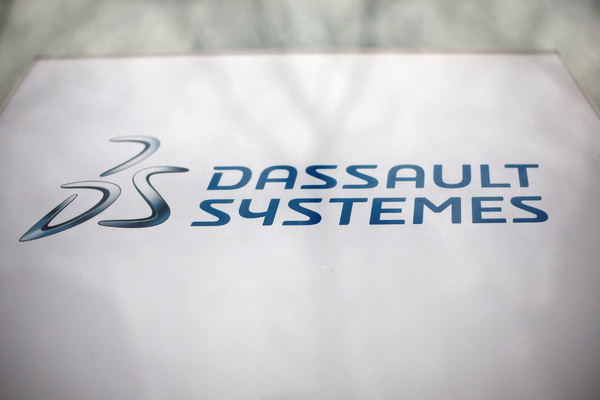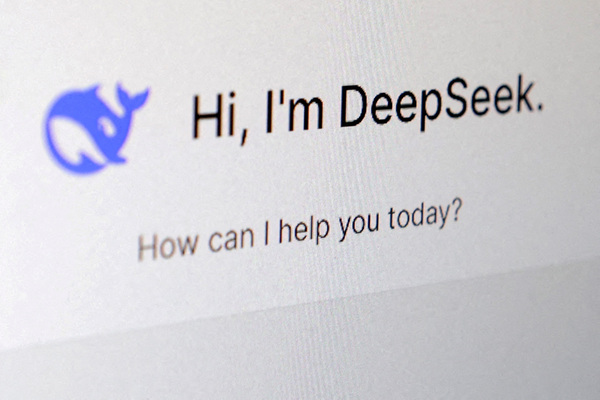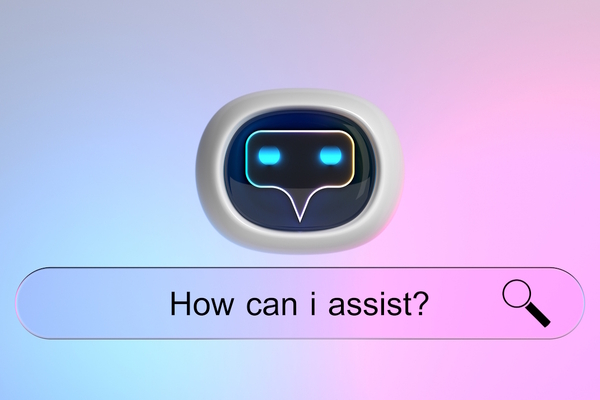The key to enabling disruption? Smaller, smarter teams
Sponsored by IntelliasTechnology companies must disrupt the way they provide services to help innovators disrupt the market

Starbucks popularised coffee culture, Amazon transformed shopping, and Airbnb changed travel: disruptive innovation has been the holy grail of every company on the market since the concept was first coined by Harvard professor Clayton M Christensen more than 25 years ago.
Moreover, the rate of disruption, and the changes disruption brings about, is accelerating – according to Accenture, there has been a 187 per cent increase in the level of disruption post-2019. In the past few years, Stripe disrupted online payments, Canva brought design to the masses, and OpenAI changed everything from customer service to writing code – most recently with the latest omnimodal Chat GPT-4o that can see, hear and converse.
Market disruptors rely on the latest technologies – and often on technology companies. And so the technologists that offer services to other companies must ask: how do we help businesses disrupt the market?
The answer may not be intuitive: we must disrupt ourselves first. As with other industries, AI is reshaping the way we work, and GenAI is reinventing end-to-end processes within organisations. Here’s a breakdown of what technology companies should do to disrupt themselves.
Increase team efficiency
Traditional approaches to productivity measurement and gains are limited by the quality of data collected and analysed – a cost-intensive and time-consuming process on its own. These approaches no longer apply: generative AI can augment human capabilities to gauge productivity and redefine metrics. A recent Accenture report confirms that generative AI is the primary reason for tech disruption soaring up the leaderboard to become the number one form of disruption in 2023. This trend will persist as companies pause to determine where the new technology can be applied to improve processes, and where it’s overrated.
While persuading people to understand and accept that AI-powered solutions are essential is one challenge, the other is incorporating the right tools. There are dozens on the market, starting with the all-encompassing Microsoft Copilot and GitHub Copilot, both of which can boost employee productivity by organising and summarising large amounts of data, generating automated documentation and streamlining the code review process. Additionally, there are tools created specifically for software engineering: the IntelliAssistant, developed by Intellias, is a platform for building digital assistants and AI-powered chatbots based on particular business requirements. It can speed up development by a factor of six and cut deployment costs by 40 per cent.
Shift from team size to team expertise
Closely following tech disruption is the disruption in talent. Incorporating more AI capabilities means smaller teams – and they must be smarter teams, too. While technical skills are essential for building an efficient team, it’s industry knowledge that has the real potential to disrupt. An engineer who understands the airline industry can jump right into any part of a project to improve operational efficiency; a team lead who has modernised multiple retail platforms may be invaluable to a retail chain. Technical expertise is an enabler; industry knowledge is the differentiator.
Part of the equation is attracting and retaining top talent. Technology companies are good at this: Intellias has relied on distributed teams for client work and has supported remote work since it was founded in 2002. This approach has allowed us to search the world for the most qualified engineers for more than 20 years, and we will continue to do so, as software engineering skills are not limited by borders.
Provide ample upskilling and reskilling opportunities
Software developers are used to change and continuous learning, as programming languages evolve and technology takes giant leaps at an accelerated pace. Technology companies should offer continuous learning, reskilling and upskilling opportunities within their corporate structure to ensure that the skills of their employees are exactly what their clients need. After all, according to a KMPG study, the key obstacle companies face in implementing generative AI is the lack of skilled talent.
Access to up-to-date knowledge and the understanding of new tools ensures that your employees are valuable to a client who is looking to disrupt the market. Knowing the latest languages and frameworks positions engineers to go beyond the expected and anticipate future challenges and opportunities. It also creates an environment where innovation and creativity – both key factors in disruption – can thrive. The upskilling offer will also attract top talent.
To conclude: Be unafraid to pivot
Agility both in DevOps and in your organisation is a must for the tech industry, especially when market disruption is the goal. Companies at the forefront of new developments are best positioned to respond to new inventions with security in mind, and to advise clients on how to differentiate the hype from great ideas. Teams will be reshaped as AI enters the workforce more prominently. They will get smaller, but there is a silver lining – for technology companies, sending smaller and smarter teams can open possibilities such as deeper expertise in various industries and greater diversity of projects.
A workforce that employs GenAI is a good thing: it offers greater potential for disruption. According to a BCG survey, 36 per cent of information services providers cite organisational capability or capacity as a barrier to scaling GenAI projects – and this is where the window of opportunity lies for technology companies.
Leadership that deliberately forms its strategy to account for the rapid pace of development will fare best. Technology companies that implement AI into their process – to write code, to become more agile, to shorten the sprints – will be the kind of technology partners the disruptors of tomorrow need.
When you dare to disrupt (or for your data, AI/ML, cloud and DevOps needs), talk to us: www.intellias.com
Regina Viadro is SVP, Global Head of Digital Technology Services, President of North America at Intellias

Business Reporter Team
Most Viewed
Winston House, 3rd Floor, Units 306-309, 2-4 Dollis Park, London, N3 1HF
23-29 Hendon Lane, London, N3 1RT
020 8349 4363
© 2025, Lyonsdown Limited. Business Reporter® is a registered trademark of Lyonsdown Ltd. VAT registration number: 830519543





